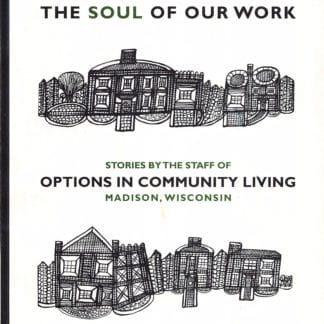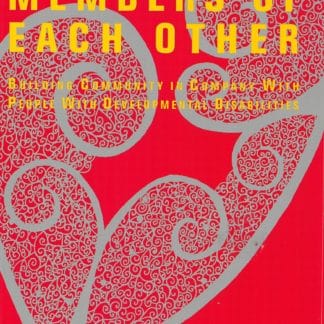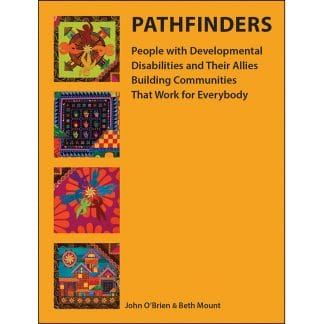A Paradigm day of conversation about ensuring good support with and for people with learning disabilities
2 March 2012 • St Matthew’s Conference Centre • London
John O’Brien
March 2012
I don’t care as much about how payments are arranged as I do about the person who comes into our life to offer support. I want a support worker who connects, understands who the person really is, and opens and supports possibilities for a meaningful community life.
This paraphrase of a mother’s comment to Sally Warren set the topic for the day’s con- versation.
In an important way, the value of public investment in social care comes down to the capacity to bring respectful, trustworthy people into the lives of people with learning dif- ficulties and their families. People who are able and willing to learn how to connect with and come to understand a person and join that person to discover and make the best of opportunities for a meaningful community life.
Our concern is that current trends threaten to split the work of offering assistance from its sources of meaning and effectiveness: the working together of minds, hearts, and hands in support of a satisfying community life. Actual and potential funding cuts create a climate of uncertainty that increases fear and encourages mechanistic, transactional approaches to assisting people. At the same time, increasing regulation takes over
more and more time and redirects attention from the life a unique person wants to live
to the rules and procedures governing paid assistance. Under these conditions, assis- tance collapses and becomes a matter of following directions while completing a list of standardized tasks and chores in a rigorously risk managed space that too often trades off opportunity for community participation and the exercise of autonomy for liabilityavoidance. Instead of being challenged to build a respectful relationship in which they can listen more deeply to and act more creatively with people with disabilities and their allies, support workers are expected to comply with more and more detailed rules. Mind and heart are squeezed out. Only tasks are valued and value is seen primarily in terms of money cost.



